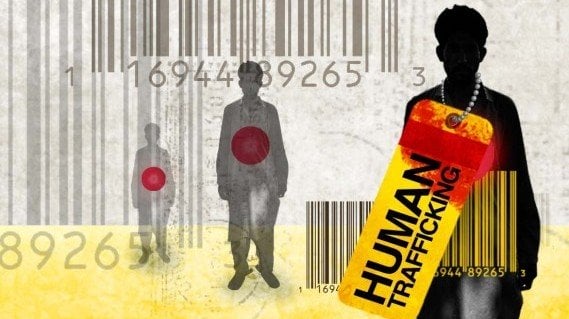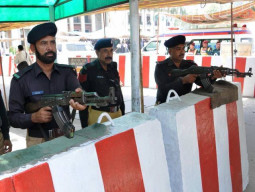
The tragic capsizing of a boat near Greece has revealed alarming details about human smuggling networks as the incident has claimed the lives of at least five Pakistani nationals, with around 30 still missing.
As survivors recount a horrifying ordeal at sea, investigations indicate that smugglers are now using smaller, overcrowded boats to evade coastguard detection, a practice that directly contributed to the tragedy.
The ill-fated vessel, carrying more than double its capacity, included 84 passengers, most of them Pakistanis aged between 15 and 40. Among them were three boys aged 15 to 16.
Survivors have shared distressing video accounts, detailing their struggle for survival on December 13, when the vessel collided with a cargo ship in rough seas and capsized.
On the other hand, survivors urged the authorities to deter others from taking the deadly route. "We survived by sheer luck," said one. "The cold was unbearable, and the waves were unforgiving. We appeal to everyone, to never take this route."
The majority of the victims hail from Punjab's districts, including Sialkot, Mandi Bahauddin and Gujrat. Many were young men in their twenties, driven by the dream of a better future in Europe.
On the night of December 11, human smugglers loaded migrants onto three small boats in Libya. Two boats reached their destinations safely, but the third, overcrowded and battling rough waves, overturned two days later.
Survivors described powerful waves and a malfunctioning engine as the main causes of the disaster.
Forty-seven Pakistanis were rescued, while five, including a man from Sialkot, were confirmed dead.
Most of the victims were from Punjab's districts of Sialkot, Mandi Bahauddin, and Gujrat. One Sudanese smuggler who survived the crash has been arrested by local authorities.
"We clung to the overturned boat for over an hour before being rescued," one survivor recounted.
According to sources, the smugglers now favour smaller boats to bypass coastguards, radars and sensors, which marks a shift from larger trawlers previously used for human trafficking.
The perilous route often involves air travel to Dubai or other countries before migrants are trafficked via land routes to Libya and then onward by sea in hopes of reaching Europe.
Meanwhile, the FIA has come under fire for its inaction. No official inquiry has been initiated, and FIA officials deferred responsibility to the ministries of interior and foreign affairs.
A senior FIA officer said that there was a need for stricter passenger profiling at immigration checkpoints to curb human trafficking.

1725872216-0/Tribune-Pic-(3)1725872216-0-405x300.webp)

1734501119-0/Untitled-(53)1734501119-0-165x106.webp)
1734499667-0/Untitled-(52)1734499667-0-165x106.webp)

1732012115-0/Untitled-design-(14)1732012115-0-270x192.webp)











COMMENTS
Comments are moderated and generally will be posted if they are on-topic and not abusive.
For more information, please see our Comments FAQ